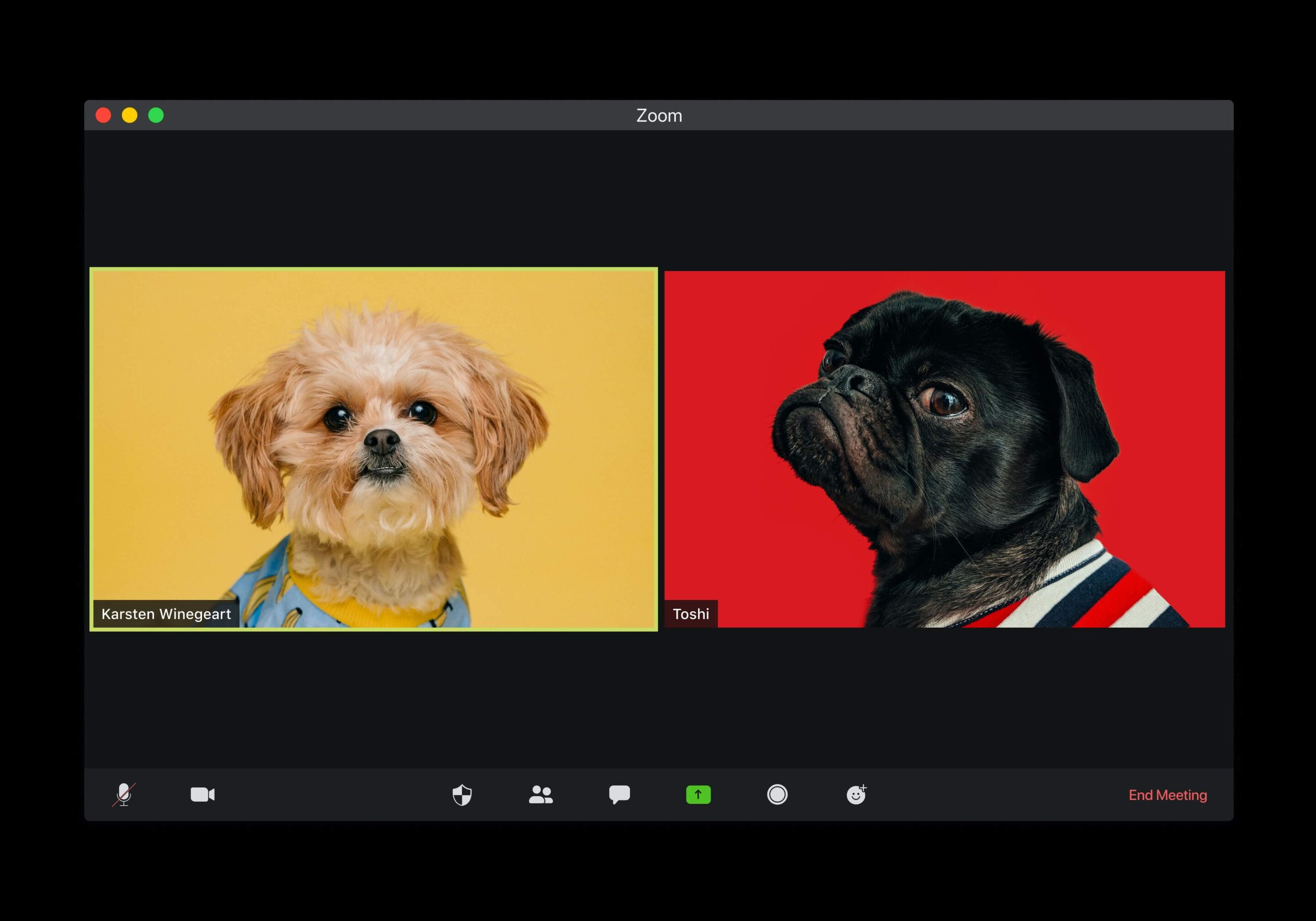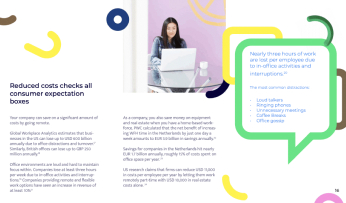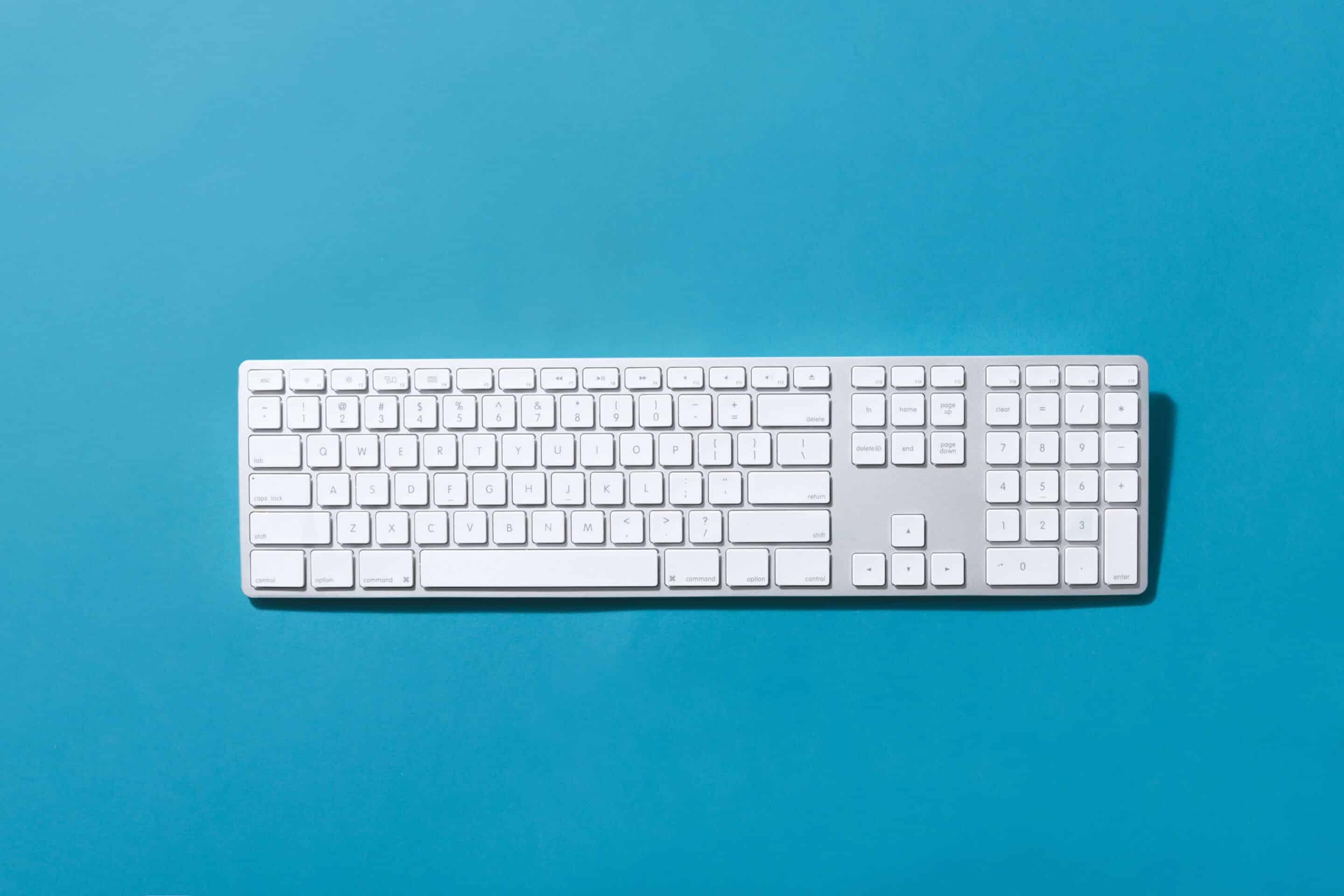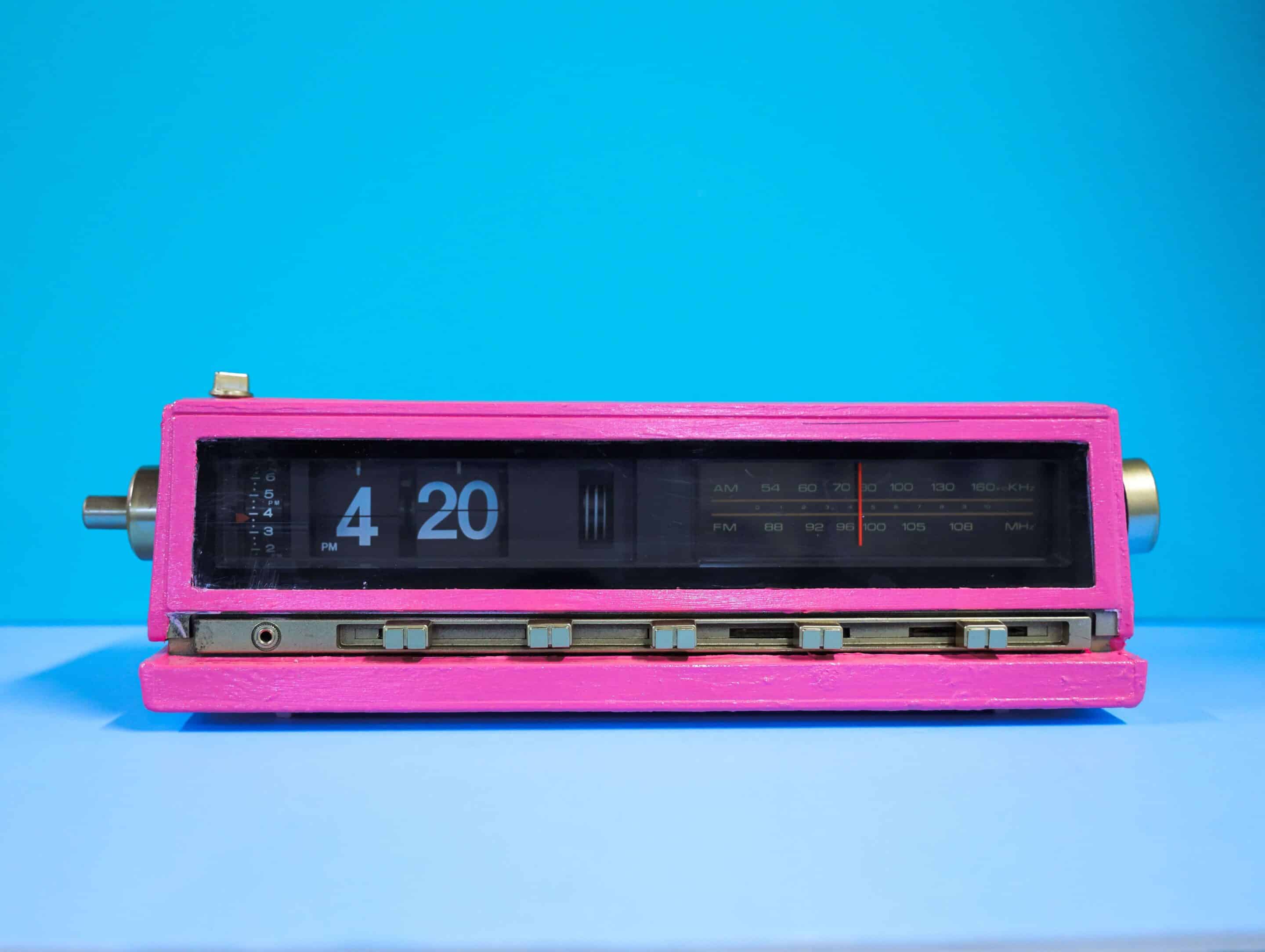There’s a lot riding on how you introduce yourself in a remote customer service job interview. Making a great impression at the start helps you surf on a wave of good vibes till the interview is done.
Think of your interviewer as a customer. Establishing a healthy rapport with them from the beginning pre-advertises your people skills. Because, at its core, customer service is about creating a positive relationship with people.
“There’s a saying that hard skills will get you an interview, but it’s soft skills that get you a job,” says Debbie Hance of the Association of Business Psychologists.
Keeping that in mind, we put together a guide to help you nail your remote customer service interview.
What’s the story?
Back when the world was simpler, showing up in a clean shirt and demonstrating a little knowledge was enough to get you employed. But look at the IT hordes in clean madras shirts waiting to be picked by Silicon Valley. Clearly, the war for talent has intensified since.
Recruiters today look for qualities such as emotional intelligence, interpersonal and communication skills, adaptability, and digital chops in new hires.
In one of these interviews, expect to be assessed on:
- How well you communicate
- How positively you interact
- Your skills in handling stress
- How you think on your feet
Own the narrative
This job requires you to be in direct contact with all kinds of people. So there are some key skills you want to show off in the interview:
- Clear communication: Put across your views in a composed and diplomatic manner. Communicate clearly, and audibly. It’s what your interviewers are paying attention to.
- Professionalism: Be appropriate in language and tone. You want to come across as a thorough professional who treats co-workers and customers respectfully.
- Active listening: Be attentive to what your employers are saying. This shows your listening ability for when consumers bring their queries to you.
- Approachability: Show genuine warmth and friendliness. A personable nature is important in customer interactions and your potential employers will notice it.
The anatomy of the interview
Typically, your interview will play out in three parts:
- Interest questions: This is usually the first part of the interview. Employers will ask you questions that help them assess certain things. For example, how interested you are in the job, how passionate you are about work, and how well you’d fit in their company culture.
- Behavior questions: To gauge your judgement, professionalism, and maturity, employers will ask you about past experiences in customer service. Have some thoughtful examples to show you’re fit for the role. Talking about your black belt in karate for when customers get really angry isn’t a great example.
- Questions for the interviewer: Your recruiters will know from your questions if you’ve done your homework on the company, department, and role. Take this opportunity to show your interest and knowledge by doing some research.
Do Your Prep
- Find out everything you can about the company. Visit their website, google recent news. Being well-informed shows you’re serious about working there.
- Get an insider’s perspective. Check if a friend works there, or find an acquaintance on LinkedIn to get an insight into the company’s culture. If they put in a good word for you with HR before the interview, so much the better.
- Rehearse. One hallmark of successful people is preparation. Get your family or friends to play the interviewer so you can think through the questions you may be asked. You don’t have to mug your lines up but it doesn’t hurt to practice.
Before the curtains go up
- Pick the right spot. Ensure it’s well-lit and quiet. You don’t want screaming neighbours or barking dogs mid-speech. Keep a professional setup. Take those Cannibal Corpse posters down and get rid of any clutter.
- Test your equipment. Being tech-savvy is in the top 10 traits employers look for. Have a high-quality webcam, headset, and data connection. Prepare for technical difficulties with a backup to show you’re a proactive problem-solver. You don’t want to be fumbling around with your audio or lighting during the call.
- Dress the part. You are what you wear in a video call. Dressing formally shows you’re serious about the position and puts you in the right frame of mind.
When it’s showtime
- Forget your fear. Your interviewer is a human being with emotions, just like you. A natural smile breaks the ice, so be true to your own personality. After all, connecting with another person is the job you’re auditioning for.
- Make eye contact. Employers are more likely to remember what you said if you maintain eye contact. If it helps, stick a post-it where you want to keep your focus, so you don’t eyeball-skid all over the screen.
- Show you’re one with the company culture. Remote employers want to know you get their company vision, goals, and role. Use your research and present yourself as someone who understands the remote position, and what’s expected of you.
As the lights fade
When you’ve come to the end of the interview, it’s always courteous to thank your interviewers for taking the time to talk to you. Let them know you enjoyed the conversation.
We also recommend writing them a thoughtful and personal thank you note. This will help reinforce a strong first impression. (It’s also a hallmark of your good manners and excellent people skills 😉).
Good luck!





